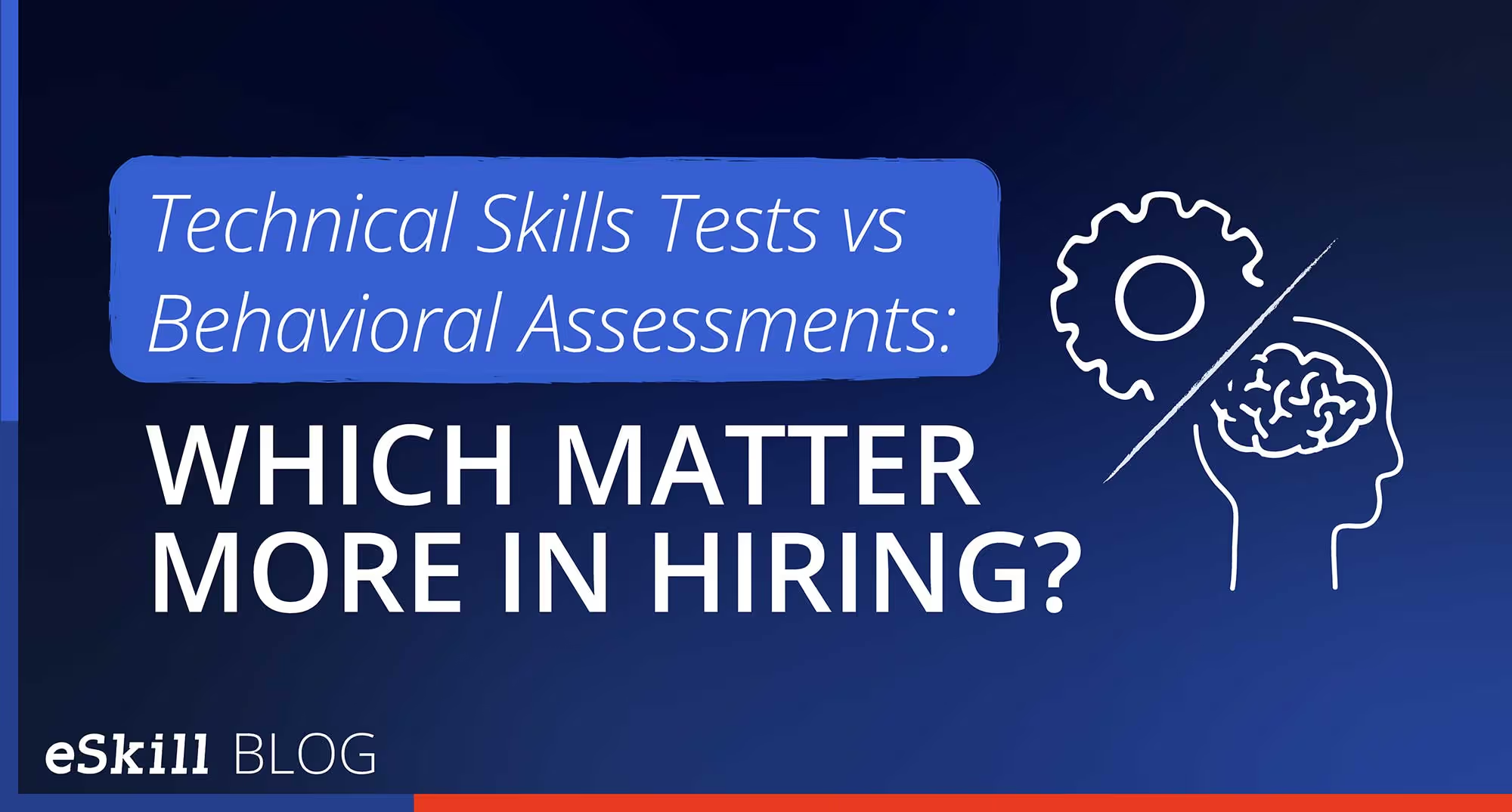Credit unions have become an increasingly important part of the financial services industry. According to the Washington Post, nearly 100 million Americans now have credit union accounts. With an expanding customer base, it is vital that credit unions attract the best talent. One way to accomplish that aim is through the use of pre-employment assessments as a tool to aid in the hiring process.
Job Functions for Credit Union Workers
Credit unions provide banking services for their members, including checking/savings accounts and loans. Frontline positions, such as account representatives, customer service specialists, loan officers, and member service representatives provide these services. The U.S. Bureau of Labor Statistics estimates that in the U.S. there are more than 800,000 people in these positions today. According to the American Banker’s Association, these individuals must be able to handle transactions, provide customer service, and be ready should security become an issue. This requires a variety of skills.
Top Skills for Credit Union Workers
Frontline credit union employees need a variety of skills that can be readily assessed in applicants during the pre-employment period. The top six include the following:
- Accounting/financial system software skills. Credit union employees must be able to access accounts and perform required tasks, such as checking balances, making deposits, opening accounts, and processing loan payments. This requires the ability to use online banking systems. Although the specific system might be unique to a particular credit union, employees should have skills that would enable them to easily learn new systems.
- Office suite skills. A large part of a credit union job requires handling of paperwork, including spreadsheets, e-mail, and handling written documents (filling out forms or writing correspondence). This requires knowledge of office suite software, such as Microsoft Office.
- Skill using office equipment. Frontline credit union employees use a variety of electronic and mechanical devices in performing their jobs. Much of their work is conducted on a computer or computer terminal that is used to perform financial transactions. Other devices are used to sort cash, both bills and coins. Credit union employees might deal with safe deposit boxes and need to follow proper procedures for handling keys and secure entry devices.
- Customer service skills. Perhaps the most important function for a frontline employee is to provide good customer service. This means being able to relate to customers, determine their needs, and provide solutions in a caring and efficient manner. These “soft skills” can be difficult to train, so assessing them in applicants is an efficient way to assure good customer service.
- Communication skills. The frontline credit union employee must be able to communicate with customers and other employees in both written and spoken form. With customers, employees much be skilled in active listening to be able to quickly and accurately determine customer needs. Employees must be able to communicate services and solutions clearly, and be able to provide understandable instructions. Many tasks involve written materials, so the employee needs skills in both reading and writing.
- Public safety and security skills. Credit unions are institutions that handle cash, and so there is always a concern for safety and security. Employees must have the skill to remain calm should a robbery occur, and to follow proper protocols to minimize risk to themselves, other employees, and customers.
Using Skills Assessments To Hire Frontline Credit Union Employees
Pre-employment skills testing for credit unions is an essential tool for evaluating the aptitude of applicants for credit union frontline positions. The development of such tests can be expensive and time-consuming. A more cost-effective solution is available from assessment experts, like eSkill, which specializes in skills assessment tests.
With a library of 600 standard tests and 5,000 combinable topics, eSkill is not only able to provide assessments for the six most important skills for credit union workers, but it also offers other important skills tests for banks and other financial institutions. Contact us for a demo.

Get ademo.






